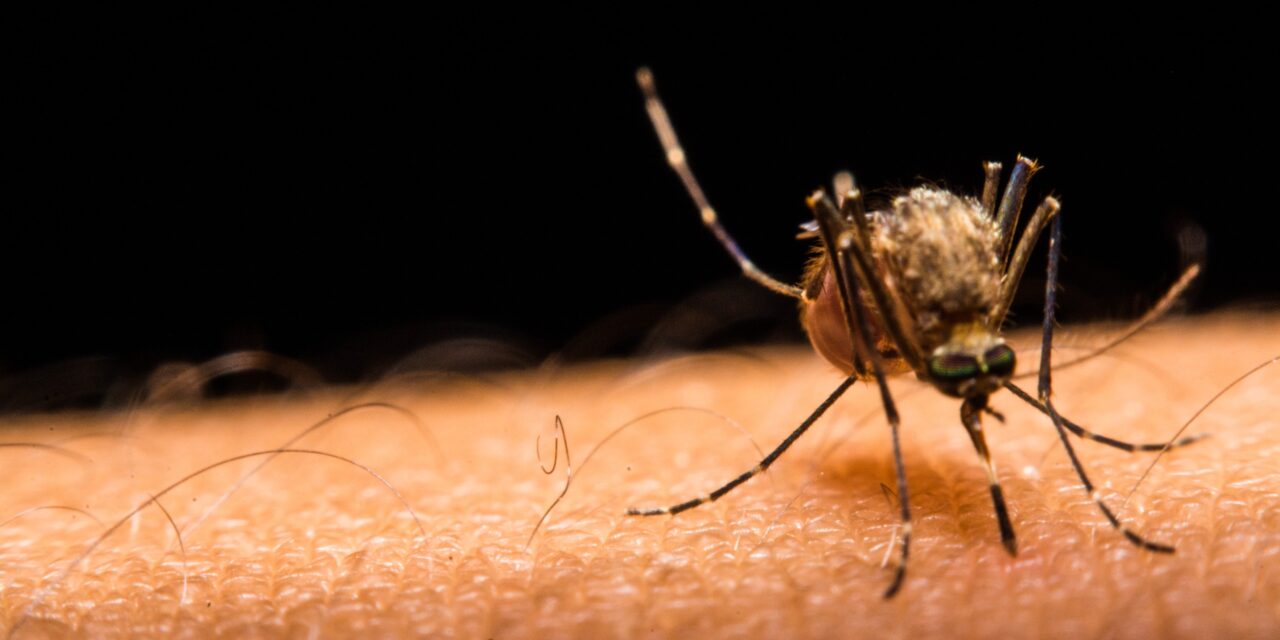Valencia County is among multiple counties in the state seeing an increase in West Nile virus infections in 2023.
The New Mexico Department of Health confirms an increase in West Nile virus infections and said in a press release that the most recent infections have been observed among residents in Bernalillo, San Miguel, Sandoval, Santa Fe, Torrance and Valencia counties.
The West Nile virus has also been detected in eight horses and two birds across Doña Ana, Los Alamos, Sandoval, Santa Fe, Sierra, Taos, Torrance, Union and Valencia counties.
The West Nile virus is mainly transmitted by mosquitoes, which are most active during dawn and dusk. Mosquitoes can reproduce with or without rain, using stagnant water from everyday sources like plant watering and irrigation.
NMDOH confirmed eight newly identified cases, bringing the total count to 10 so far in 2023. Among these cases, two individuals are currently hospitalized, five have been discharged post-hospitalization and three residents did not require admission.
“The emergence of these new cases serves as a reminder of the continued threat posed by West Nile virus,” said Deputy State Epidemiologist Chad Smelser. “As mosquito activity increases during this season, it is imperative that we remain vigilant and adopt measures to protect ourselves and our communities.”
NMDOH said it’s important to note that no medications exist to treat or prevent West Nile virus infection in humans. Individuals aged 50 and older, along with those with underlying health conditions, face the highest risk of severe illness or death following infection.
Symptoms of the milder form of illness, West Nile fever, can include headache, fever, muscle and joint aches, nausea and fatigue. People with West Nile fever typically recover on their own, although symptoms may last for weeks to months.
Symptoms of West Nile neuroinvasive disease can include those of West Nile fever plus neck stiffness, stupor, disorientation, coma, tremors, convulsions, muscle weakness and paralysis. People with symptoms who suspect West Nile virus infection should contact their healthcare provider.
In light of the of monsoon season, NMDOH advises individuals to maintain a mosquito-free environment by taking these steps:
- Utilize EPA-approved insect repellents containing DEET, picaridin, IR3535, or oil of lemon eucalyptus/para-menthane-diol when outdoors, following the instructions on the label.
- Eradicate water-holding containers that serve as mosquito breeding sites, including old tires, empty cans and unnecessary outdoor items.
- Regularly empty water from birdbaths, wading pools, and potted plant saucers.
- Ensure tightly screened rain barrels.
- Wear protective clothing like long sleeves and pants during peak mosquito activity hours.
- Keep windows and doors closed if not equipped with proper screens.
NMDOH also encourages horse owners to ensure horses are up to date on vaccinations against West Nile virus to safeguard their health.
For more information about West Nile virus, including fact sheets in English and Spanish, go to the NMDOH’s West Nile webpage.
The Valencia County News-Bulletin is a locally owned and operated community newspaper, dedicated to serving Valencia County since 1910 through the highest journalistic and professional business standards. The VCNB is published weekly on Thursdays, including holidays both in print and online.



















